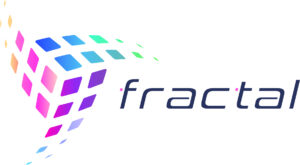- Is a government-sponsored database public if it has embedded control characters so citizens cannot download and use the data?
- Is a government database public if it uses codes for its key numbering system and those codes cannot be read by most computer programs?
- Is a government database public if it is so screwed up that it currently reports transactions that occur 20 years from today?
Once the government makes a database public, it cannot limit what people find in that database with modern technology. That database is open to the public to apply any technology that will unlock its mysteries.
In far too many cases, the government, federal, state or local has made data public knowing it was almost impossible for people to get much from the data.
Embedding characters that confuse traditional technology is one scheme. Using multiple, overly complex formats, particularly relational database schemata (rows and columns), makes public databases “public” in name only.
They are otherwise useless.
Until now.
In 2021 and 2022 Fractal proved it could find anomalies in public databases that had gone unnoticed for a generation.
First it was reconciliation analysis showing voters were “inactive” then moved to active, voted, then moved back.
Later these databases yielded to “snapshot analysis” creating a moving picture of data over time and the anomalies in that data.
We are now on the cusp of a revolution in public database search.
Fractal analysis, operating 1,000 to a million times faster than any current technology, with the ability to handle trillion record databases with the ease of Microsoft Excel parsing 100 records – is making public databases truly public.
Citizens are unlocking public records as never before. They can find, hidden in plain sight, data anomalies which have stood hidden for decades.
Secretaries of State and law enforcement are sure to follow.
Thousand year old voters, 24 registered voters living in an 875 square foot, one bedroom home, one person making 7,000 contributions in two years – anomalies abound!
We reached the point where the amount of data to be processed is no longer a constraint to search.
Now Fractal search can consume all the data in public databases, at silicon speed, and open these vast reservoirs to the citizens who paid for them.
Public databases are becoming public and the country is better for it.

